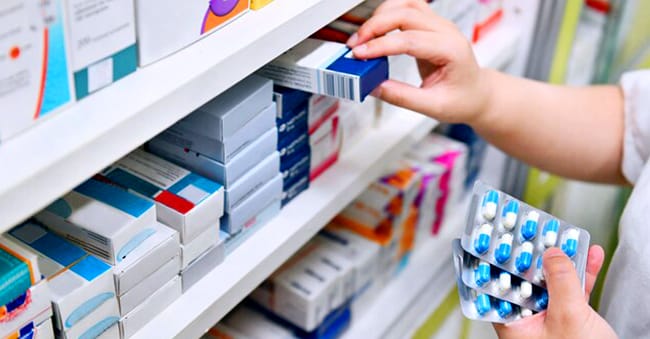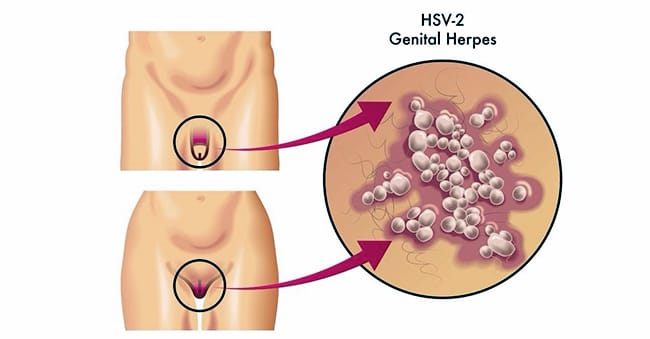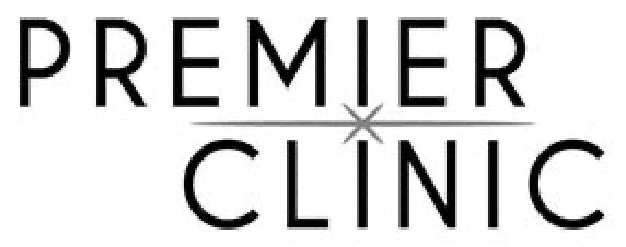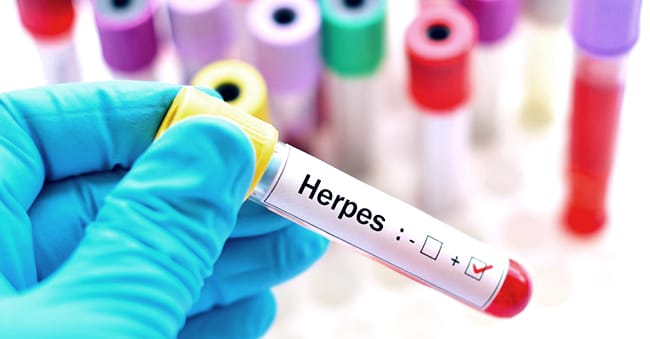For herpes condition, there is no cure for the virus. The treatments are designed to focus on getting rid of sore, limiting outbreaks and also relieve the discomfort caused by the virus. Consult with the doctor before starting any medication and treatment.
Here are the available treatments include:
Medication
Most of the medications are being used to help in reducing the risk of transmitting it to others. It may come in oral form, ointments and also through injection for severe outbreaks. Doctor may prescribe the antiviral drug each time the symptoms reappear. This antiviral medication is strongly prohibited to pregnant women or infants under age one. The recommended those prescribed by the doctor usually calculated based on the weight of the children or patients body condition.
- Acyclovir (Zovirax, Sitavig) – Antiviral drug use to decrease the severity and length of these outbreaks of genitals herpes. It is also helping in healing the sores to heal faster and decrease pain and itchiness.
- Famciclovir (Famvir) – An antiviral drug used to treat outbreaks that cause cold sores around the mouth, anus and genital herpes.
- Valacyclovir (Valtrex) – Help in reducing how long pains remains after the sores heal.
- Abreva (Docosanol) – Inhibits the ability of a virus to multiply in the body.
- Oral pain relievers (Tylenol, Advil, Aleve) – helps in relieves herpes-related pain for several hours and only use by applying a thin layer of the cream on the skin surface.

If you have herpes and would like to reduce the symptoms, kindly contact us so we can give you the medicine to curb the illness. Do call us to arrange a consultation session. We are available from 8am to 12 midnight DAILY.
Call/Whatsapp: 012-662-5552
Email: contactus@premier-clinic.com










